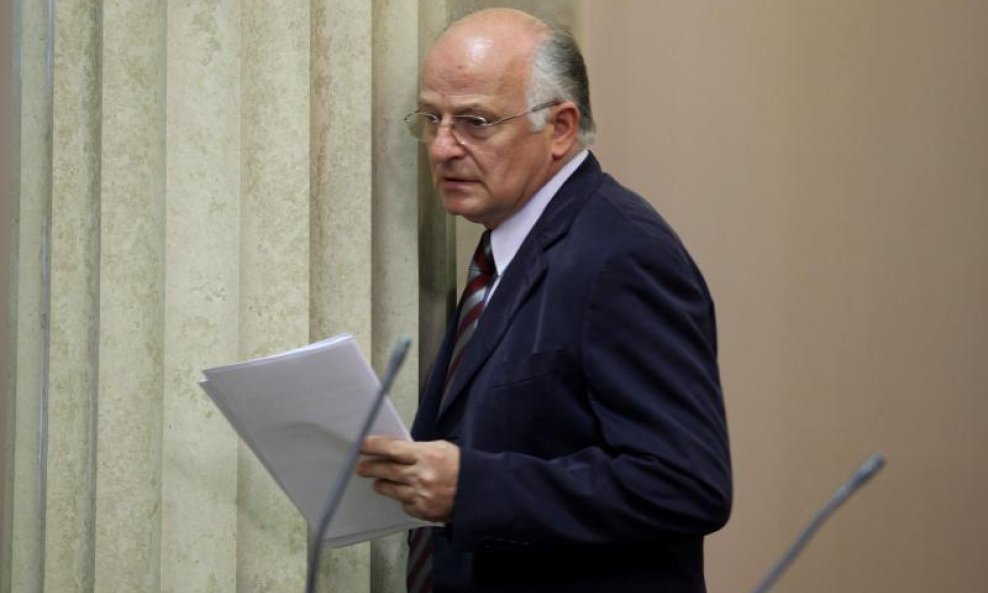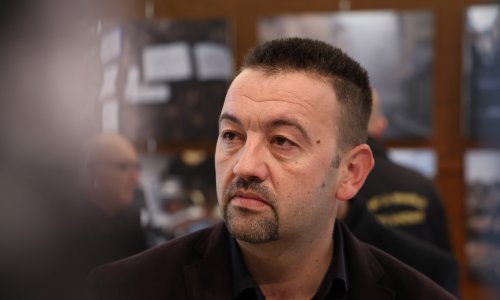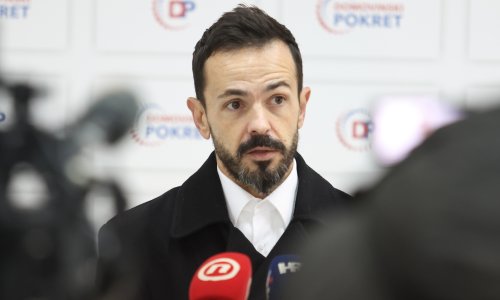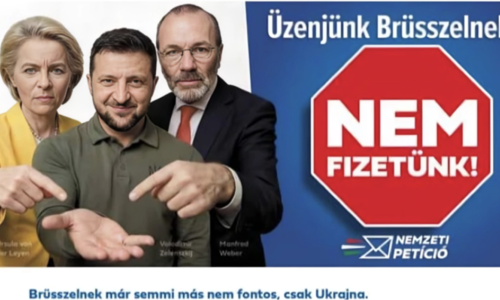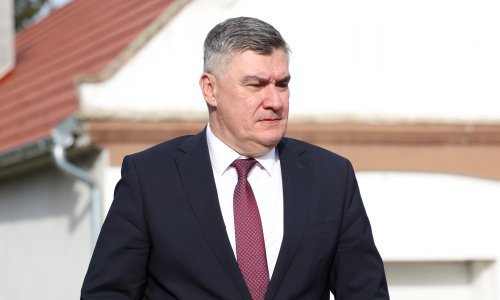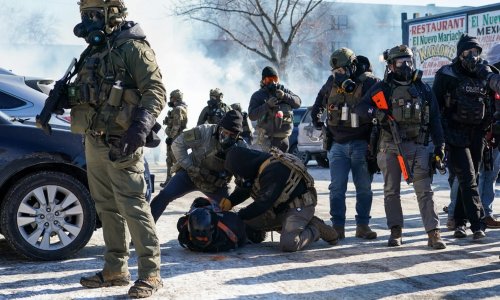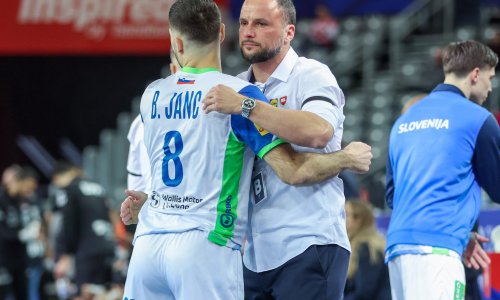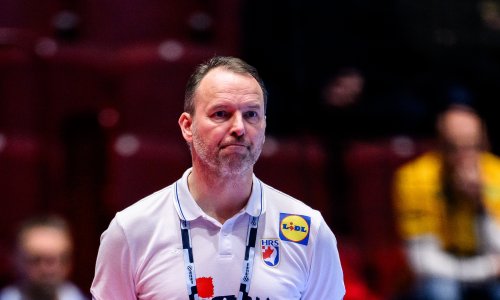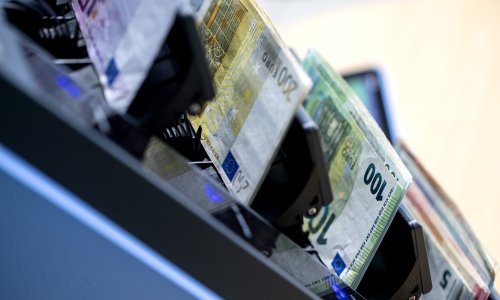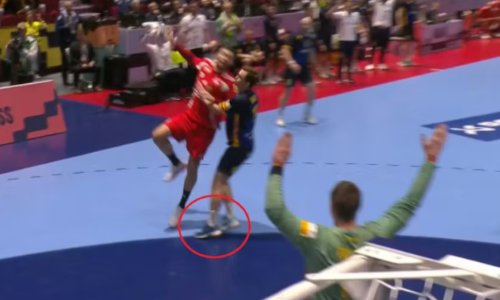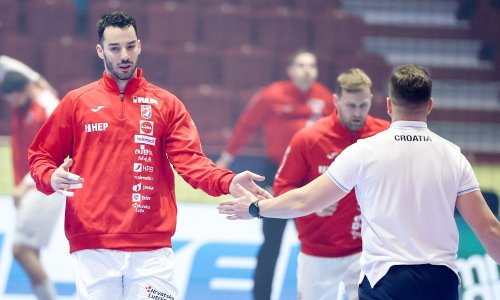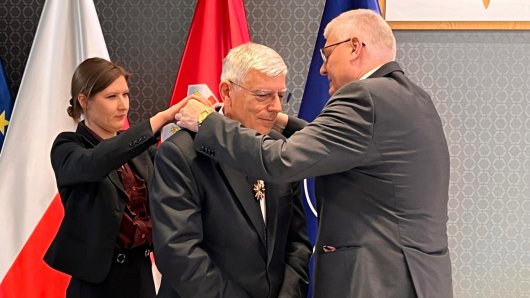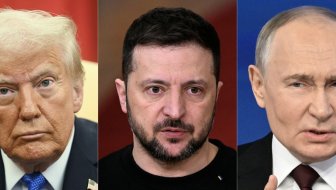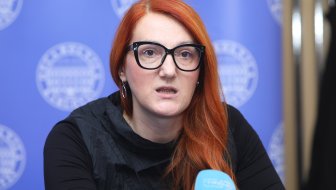A union of 22 associations of war veterans and victims of the 1991-1995 war on Friday presented Parliament Speaker Josip Leko with their demands for a moratorium on the introduction of Cyrillic as a second official alphabet in the eastern Croatian town of Vukovar.
The union representatives said that they insisted on Vukovar being excluded from the enforcement of legislation on introducing bilingualism where a certain minority accounts for over one third of the local population.
One of the union representatives, Tomislav Josic, said that Sabor Speaker Leko had supported the associations' democratic right to express their dissatisfaction.
"It is now up to the Sabor, the government and other institutions to solve the matter, we will continue to fight," Josic said.
After the meeting, Leko told the press that in his capacity as parliament president, he received citizens and was acquainted with their views.
"The atmosphere (at the meeting) was very correct. People present their arguments and express their views in a democratic manner," Leko said.
He went on to say that the parliament could not give any promises or assess the demands.
I have promised that their demands will be sent to parliamentary procedure, he added.
Croatian Serb leader Milorad Pupovac, who sits in the Sabor as a deputy of the Independent Democratic Serb Party (SDSS), said later that "those who are trying to revive right-wing conservative radicalism are now using Cyrillic as cause for their actions".
"Cyrillic is not a bellicose alphabet nor will it be. It was a historical alphabet of many Slavic peoples and belonged to a great part of the Croatian people in certain periods. Cyrillic is a part of the written tradition of the Serbs in Croatia," Pupovac said in response to the mounting pressure against the possible introduction of Cyrillic script in Vukovar.
Pupovac sad that those who did not want to accept Cyrillic harmed inter-ethnical relations and Croatia's reputation. "We understand people whose emotions should be respected but we cannot understand those who are trying to spread war rhetoric."



